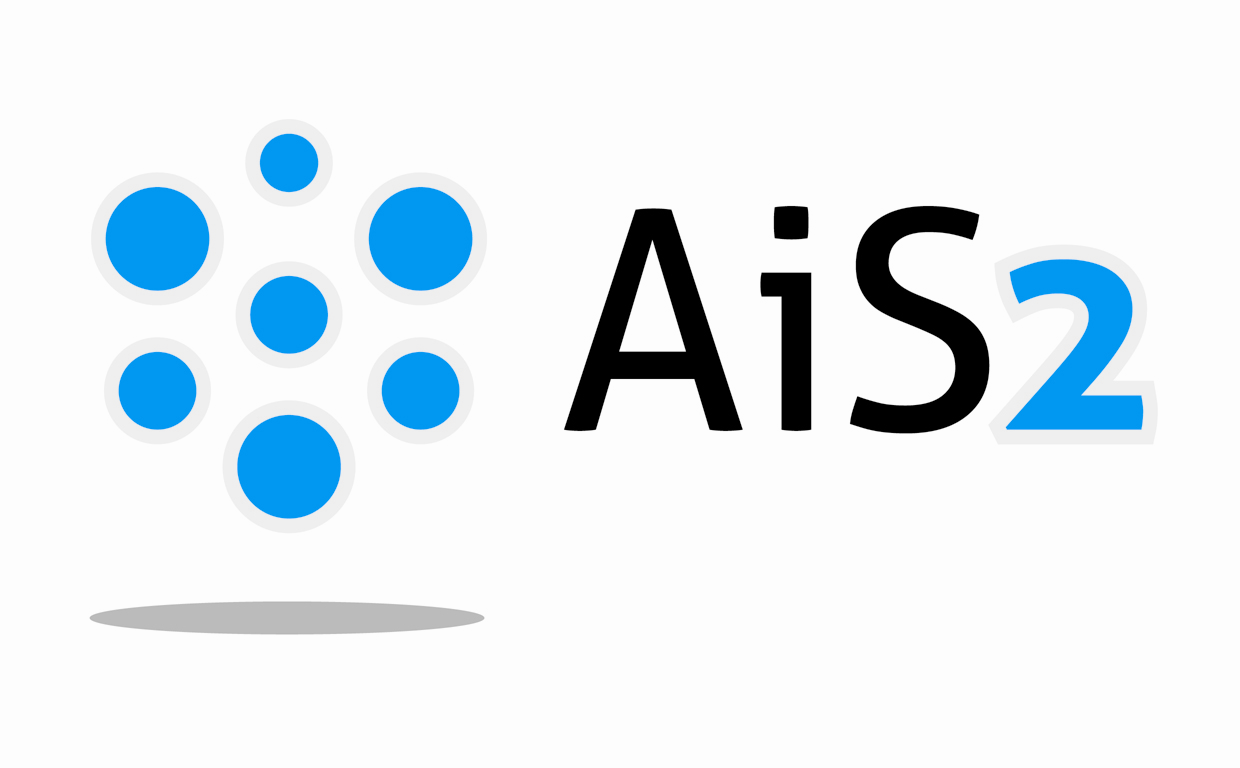The following research directions are recently developing at the Institute:
Research in experimental oncology is aimed at the study of the effects of natural compounds such as anthraquinones hypericin and skyrin on angiogenesis and properties of the tumour cells in general, as well as occurrence of so called cancer stem cells under in vitro and ex ovo conditions with an emphasis on the side cell populations, on the study of polymorphism of the transport protein BCRP and hypoxia on accumulation and effect of hypericin on tumour cells along with the possibilities of use of various functional RNA molecules (aptamers, siRNA) in personalised medicine.
Genetic research is oriented on identification of candidate genes/gene clusters with a potential role in biosynthesis of bioactive compounds, especially anthraquinones (hypericin, skyrin, emodin) in hypericin-producing Hypericum species and Hypericum-borne endophytic fungi by OMICs and bioinformatics approaches and their functional validation in a heterologous eukaryotic cell system.
Genetic research is oriented on identification of candidate genes/gene clusters with a potential role in biosynthesis of bioactive compounds, especially anthraquinones (hypericin, skyrin, emodin) in hypericin-producing Hypericum species and Hypericum-borne endophytic fungi by OMICs and bioinformatics approaches and their functional validation in a heterologous eukaryotic cell system.
Neurobiological research is aimed at the processes of the spinal cord development, especially during the last stages of intrauterine development and after the birth, with the emphasis on the processes occurring in the ependymal lining of the spinal cord central canal of an intact organism and after the spinal cord injury. Obtained knowledge on the proliferation and differentiation of the cells residing the area of central canal, as well as the regulatory role of microenvironment in these processes should result in possibilities of manipulation the endogenous regenerative capacity of spinal cord. Investigations in the field of postnatal neurogenesis of mammals is focused on origination and expansion of neurodegenerative disorders.
Research in microbiology is carried out in the area of environmental microbiology, and is especially focused on the study of biodiversity of extremophiles – microorganisms surviving in extreme conditions such as saline and sulphuric springs, thermal waters, and environments with high concentrations of heavy metals or extremely high acidic or alkaline pH using genomic and metagenomics approaches. The other field of interest is genetic ecology, the mechanisms of spreading mobile gene elements, particularly the antibiotic resistance genes, in environment and various factors affecting this process.
Investigation in zoology, physiology and ecology of animals is aimed at the study of soil fauna in association with a distinct management of mountain pine groves and global warming of the alpine stage of Carpathians and northern tundra, and at a complex study of the cave fauna by means of integrative taxonomy, molecular phylogeny and ecophysiological parameters. The other research direction is represented by molecular ecology of threatened populations of amphibians, reptiles and bats living in urban and natural habitats and investigation of ecoepidemiology of ixodid ticks and tick-borne pathogens and their maintenance in natural environment. Research in ethology is targeted on behavioural strategies of reptiles in their natural environments, and after treatment with various biological and physical factors.
Botanical research is aimed at the study of algae from Antarctic region and their adaptation to harsh environments, investigating the pharmacological effects of bioactive secondary metabolites of lichens and mosses and biosynthetic pathways of phenols and flavonoids of selected plant species. Floristic and geographical research is aimed at the study of vascular plants, genome variability and plant biodiversity.
Research in the field of didactics of biology is oriented on innovation and quality improvement of the content of education at primary and secondary schools. The output of the projects (learning and educational materials, innovative methods, digital library of formative evaluation tools, online laboratory) are assigned not only to the students of teachers-training study programmes at the University but also for teachers and students of the primary and secondary schools.









